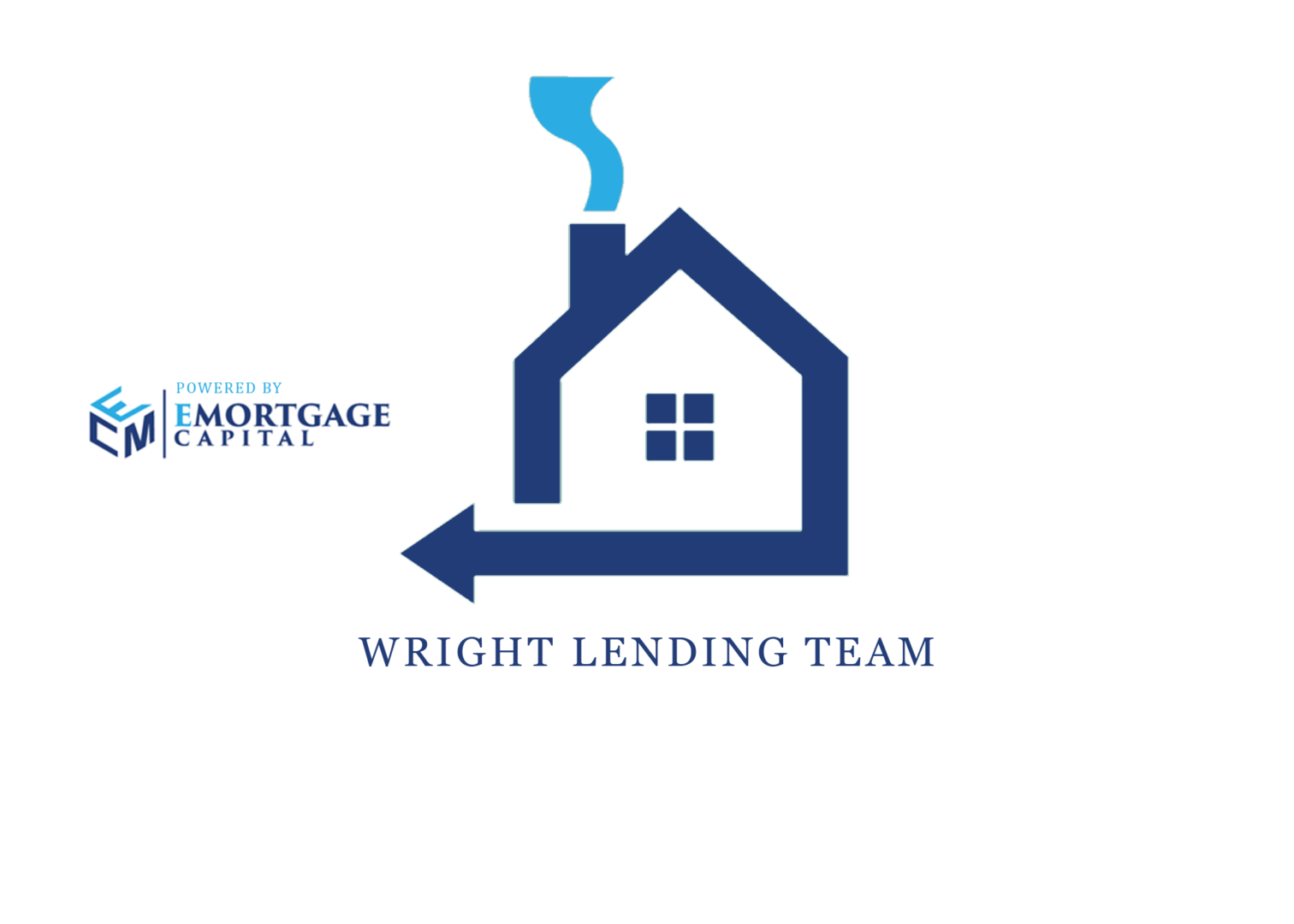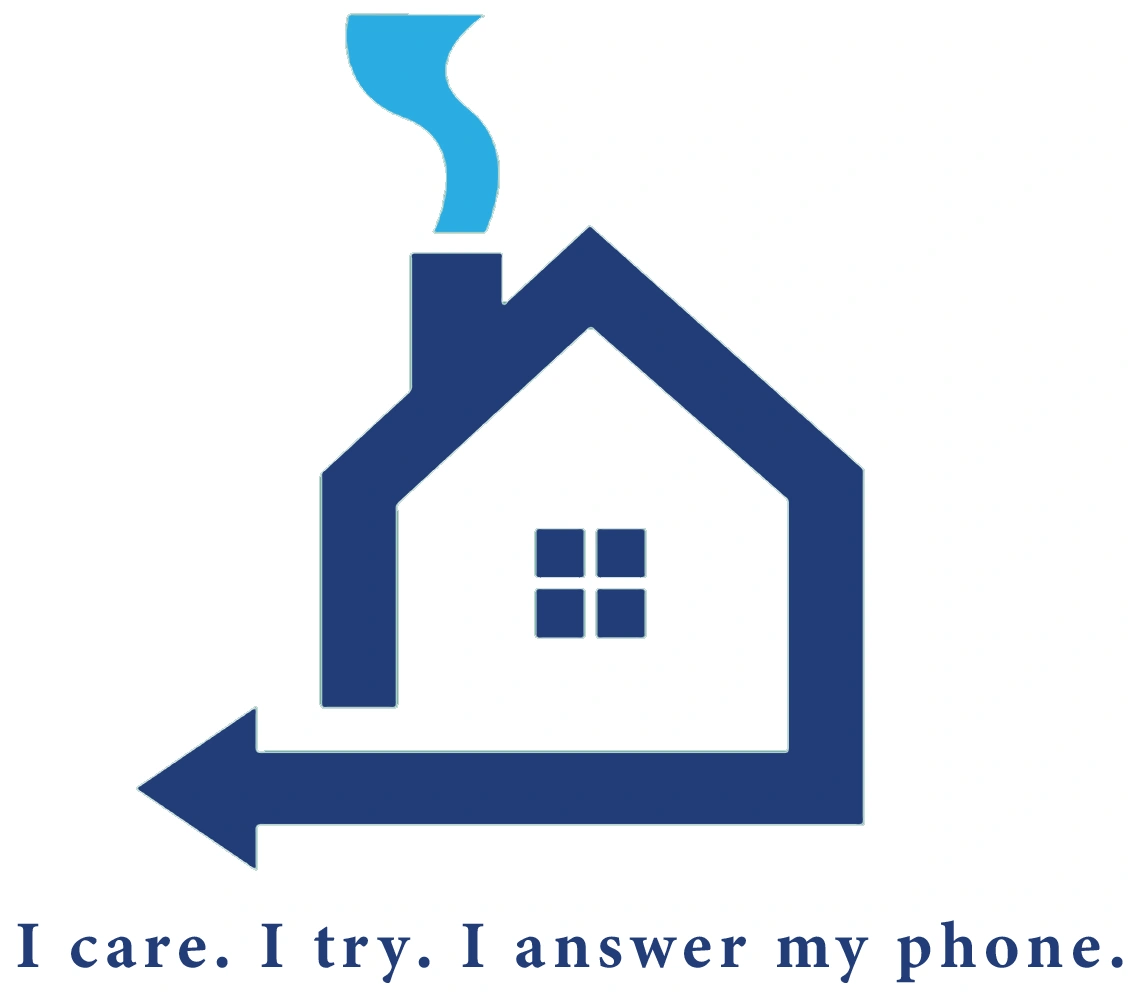FHA Loans “Federal Housing Administration”

Find Out if You Qualify for an FHA Loan
What Is a Federal Housing Administration Loan (FHA) Loan?
You can borrow up to 96.5% of the value of a home that meets county guidelines with an FHA loan. FHA loans are designed for low- to moderate- income borrowers. They require a lower minimum down payment and lower credit scores than many conventional loans do.
Because of their many benefits, FHA loans are popular with first-time homebuyers.


